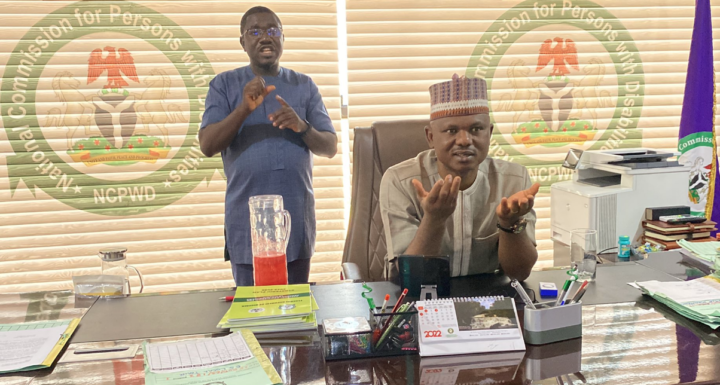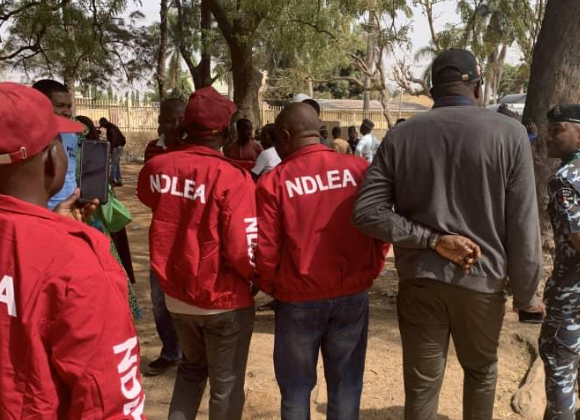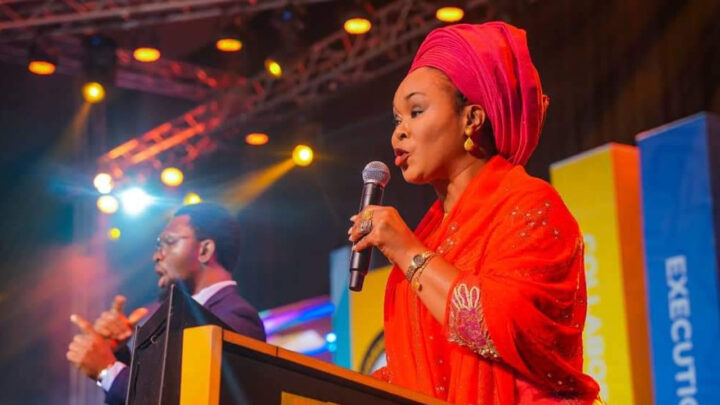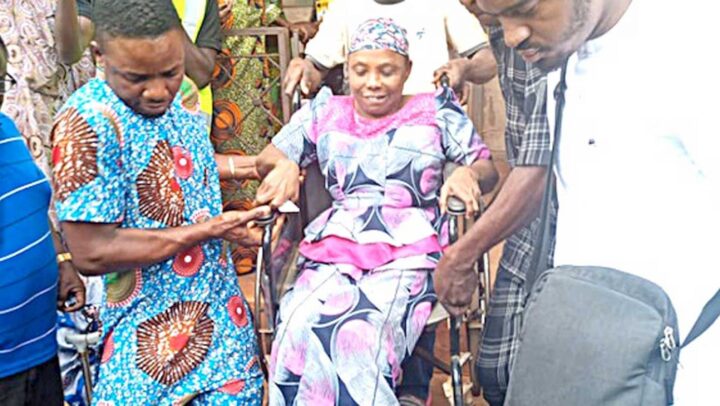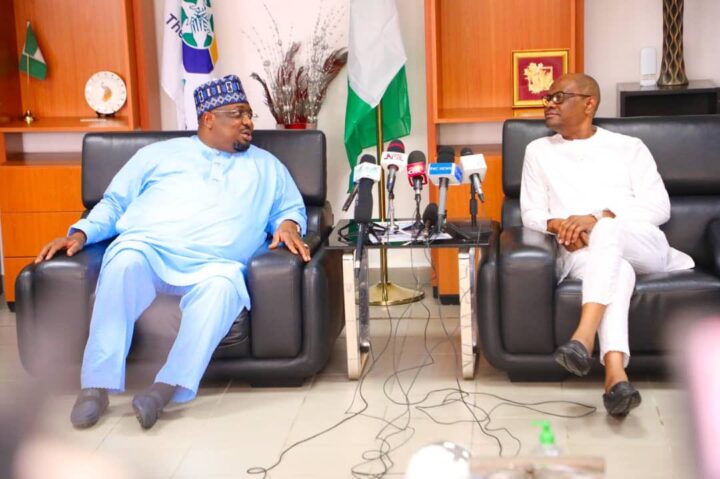PadUp Africa, a non-profit organisation, and six other groups have asked the federal government to provide free sanitary pads to schoolgirls in the country.
Speaking in Abuja at a programme organised to mark this year’s International Girls’ Day, Ashley Lori, executive director of PadUp Africa, said it is important to make sanitary pads affordable for girls to encourage school attendance in Nigeria.
The programme was organised in collaboration with TAD Foundation, Shied Girls2Women, Barek Charity Foundation, Reaching Out to African Girls initiative (ROTAGIF) and Forum for Children Education African Development.
Lori said many adolescent girls are unable to remain in school and achieve their potential due to their inability to access toilet facilities for maintaining good hygiene while menstruating.
Advertisement
“It is a menstrual sensitisation initiative and we are celebrating the International Day of the Girl Child 2023 which is being designed by the United Nations SDG goals with the theme, invest in a girl, her leadership, and her well-being,” she said.
“As part of the well-being, we are talking about menstrual hygiene and how it affects the girl child’s education. A lot of girls have been out of school because they can not access good menstrual supplies as they do not have good toilet infrastructures in schools to stay in schools.
“Period poverty has pulled a lot of girls out of school and they are unable to achieve their potential. So we are here today to advocate for the girl child’s education and to ensure she stays in school. Also, a thing as natural as menstruation shouldn’t be the reason a girl should leave school.
Advertisement
“If at this time, two out of five girls are out of school due to bad menstrual hygiene practices or unavailability of menstrual hygiene products, then I think we are lacking.
“We can not say we are advocating for the girl’s rights and education without making the environment conducive for her. Without making nature take its place because it is a span of 35 years for an adolescent girl to menstruate and become a woman.
“Period poverty can be addressed if we make more awareness and we ensure that even the boys and girls have adequate information about what period poverty is.”
Speaking also, Uwakmfon Nsa, program officer of Tad Foundation, said donating sanitary items to girls is not enough to address the challenges.
Advertisement
Nsa said the government needs to come up with a sustainable plan to support girls of menstruating age.
“I feel that donating sanitary pads is not really just enough because a girl child menstruates every month and for the period of 40 to 50 years, they will keep menstruating. We can’t keep providing sanitary pads for them every time,” she said.
“If there will be a kind of sustainable way of giving them free or possibly partnering with the government to try to see how we can have free sanitary pads for young girls the same way we have condos for free.”
Comfort Omoya, chief executive officer (CEO) of BAREK Charity Foundation, said menstrual hygiene is important to maintain good health.
Advertisement
She noted that many young girls recycle sanitary pads either due to poverty or lack of proper menstruation management.
The NGOs distributed sanitary pads and other menstrual hygiene products to over 750 students of Government Day Secondary School, Gwagwalada.
Advertisement
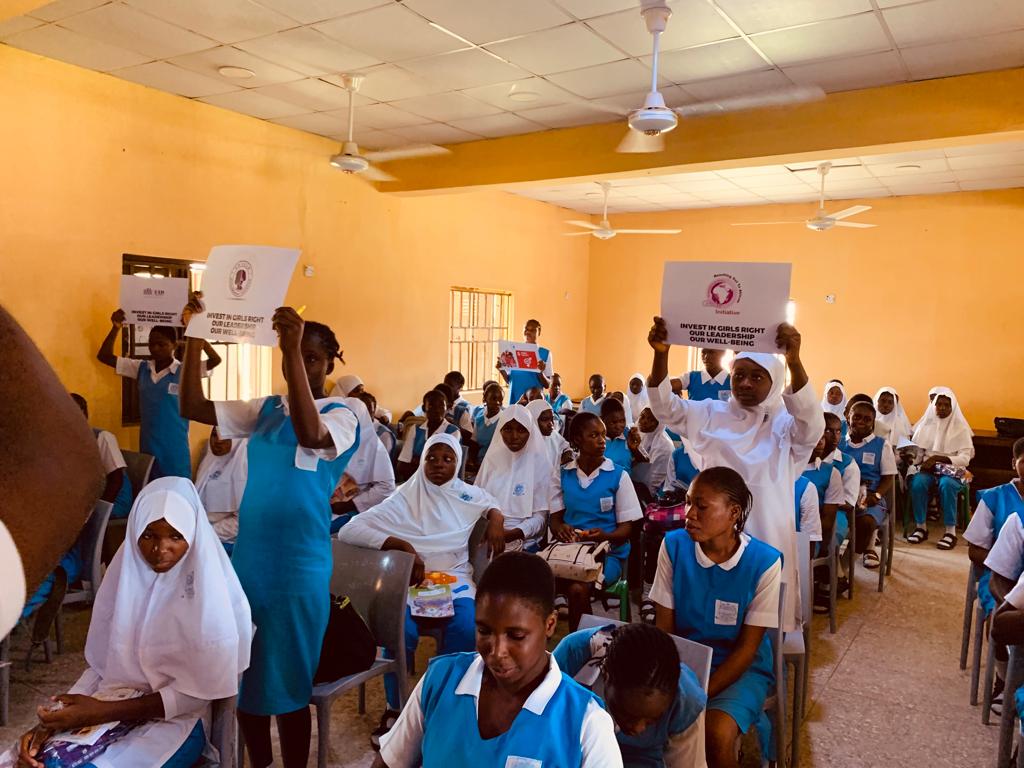
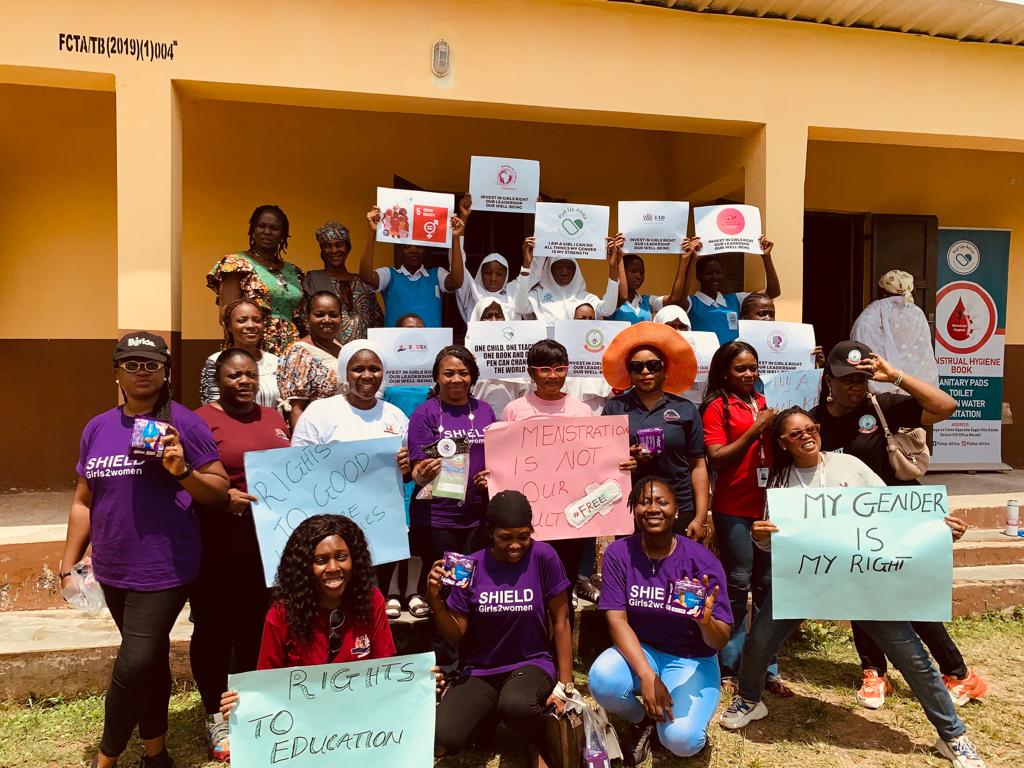
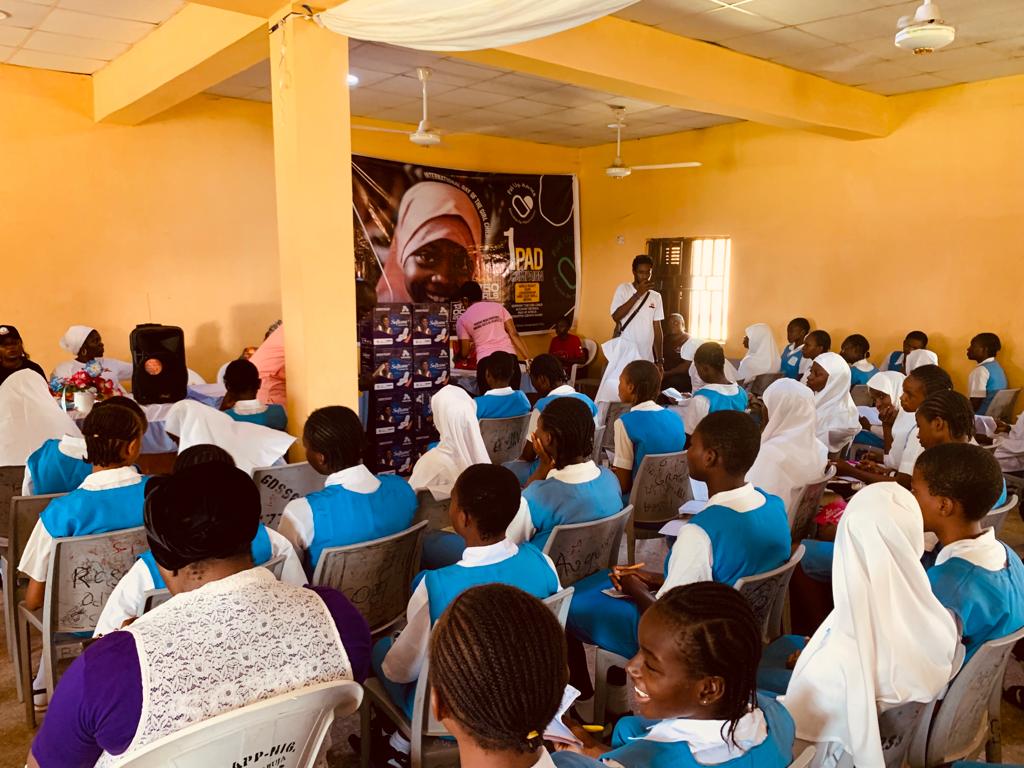
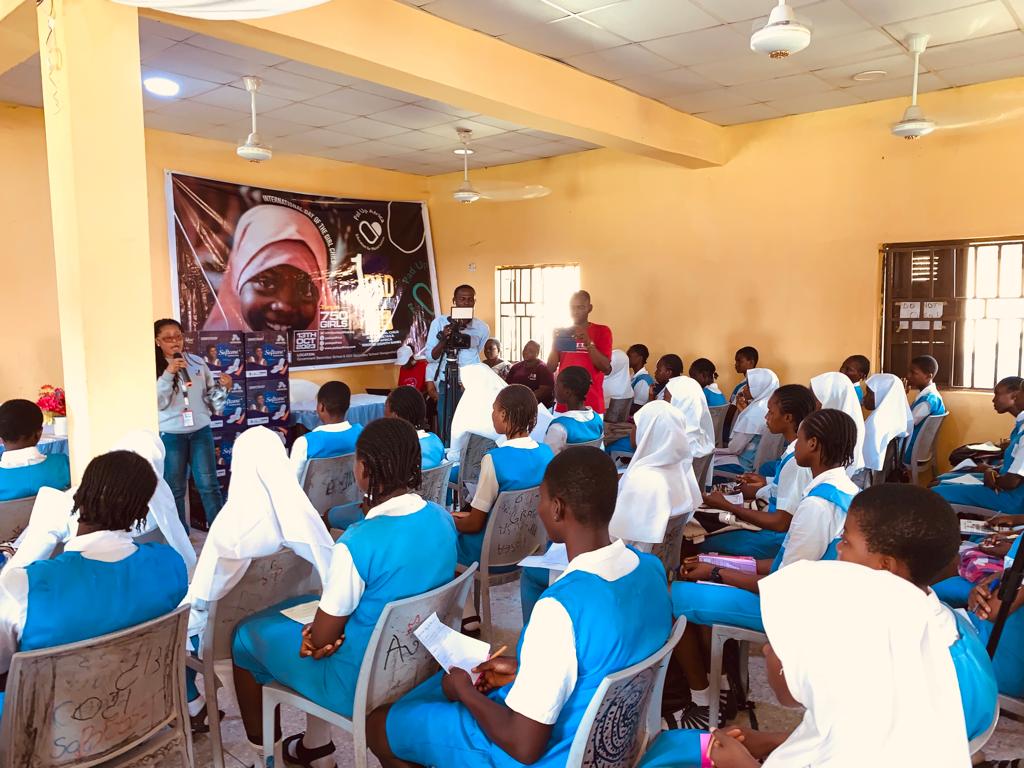
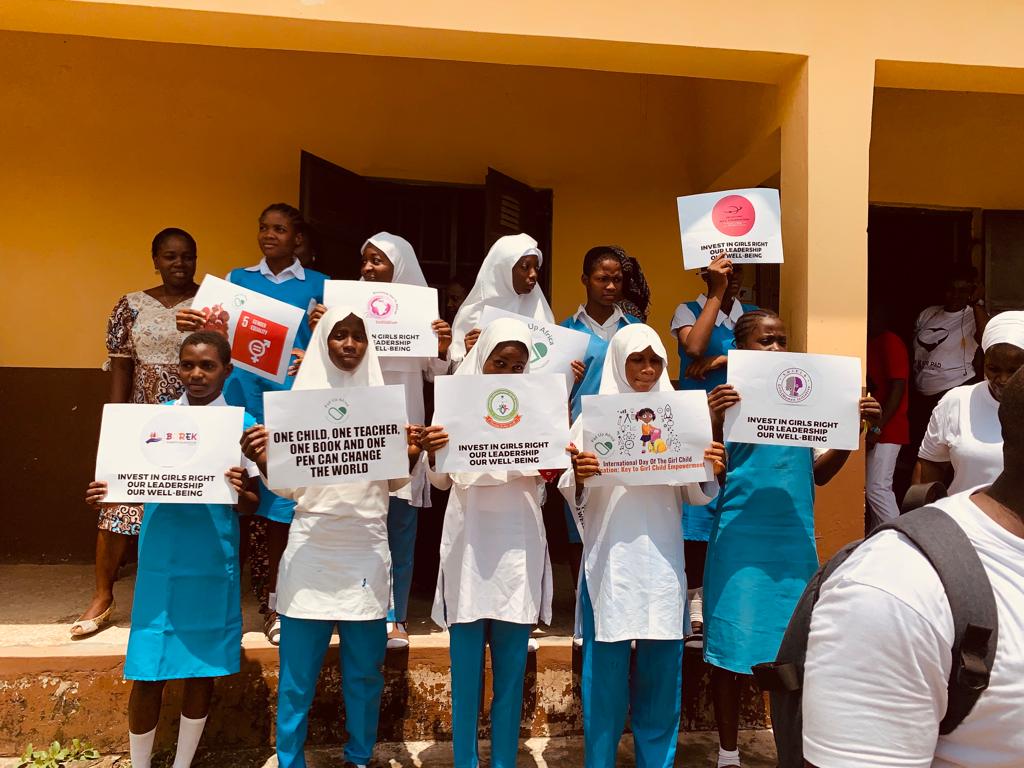
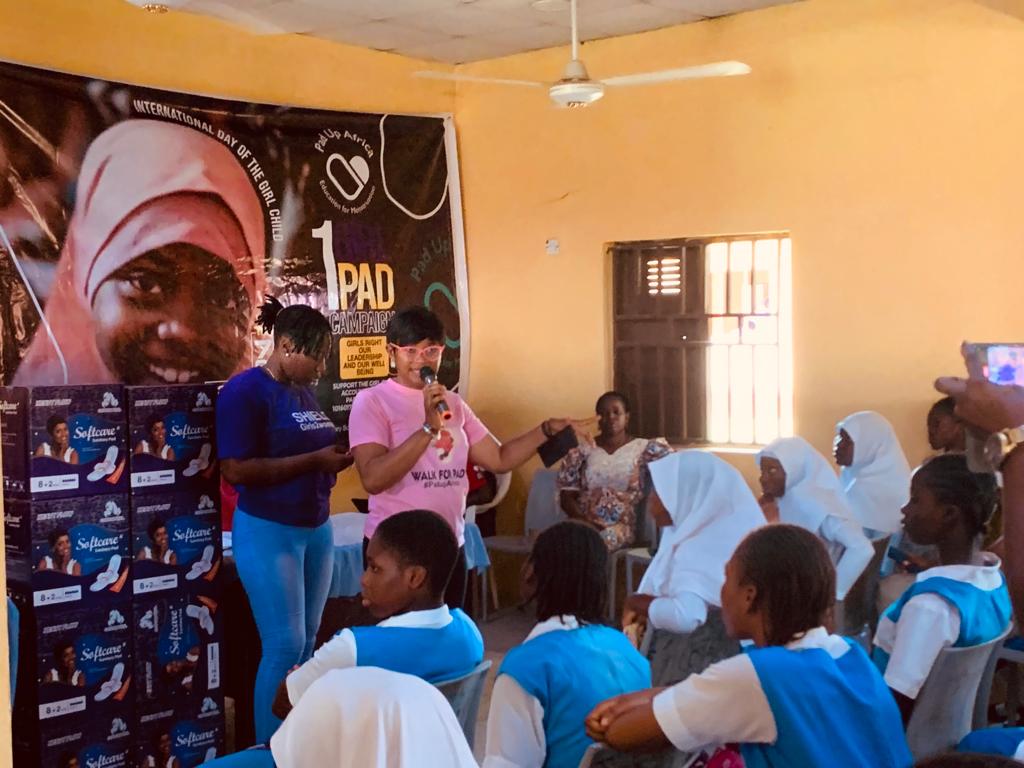
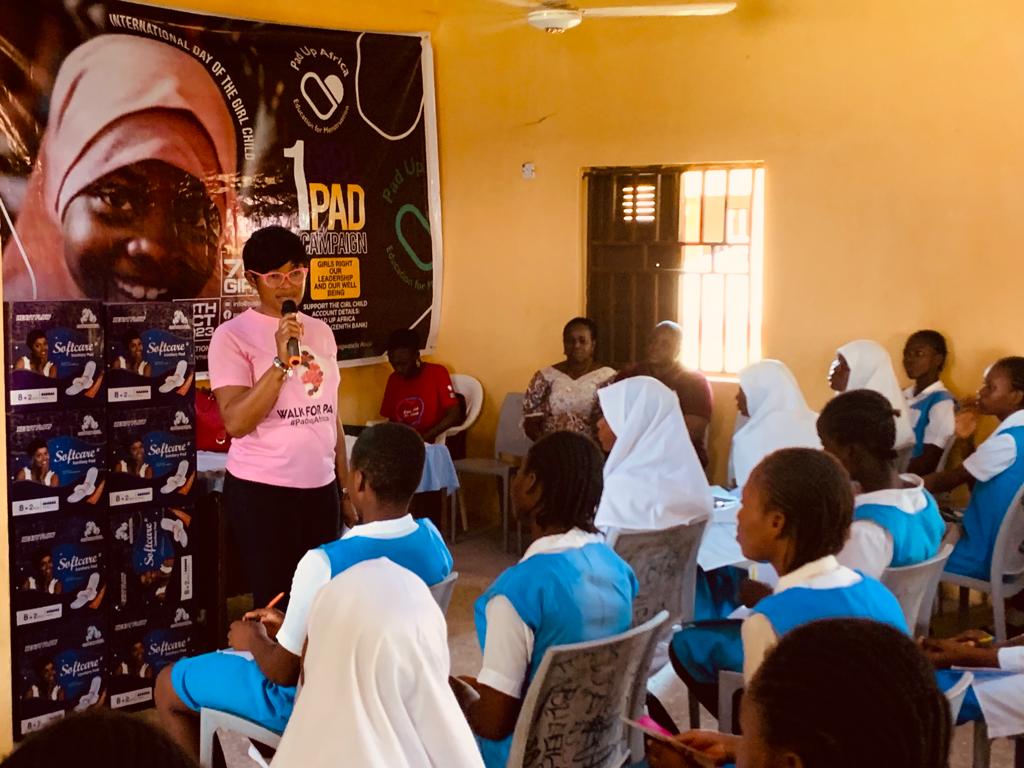
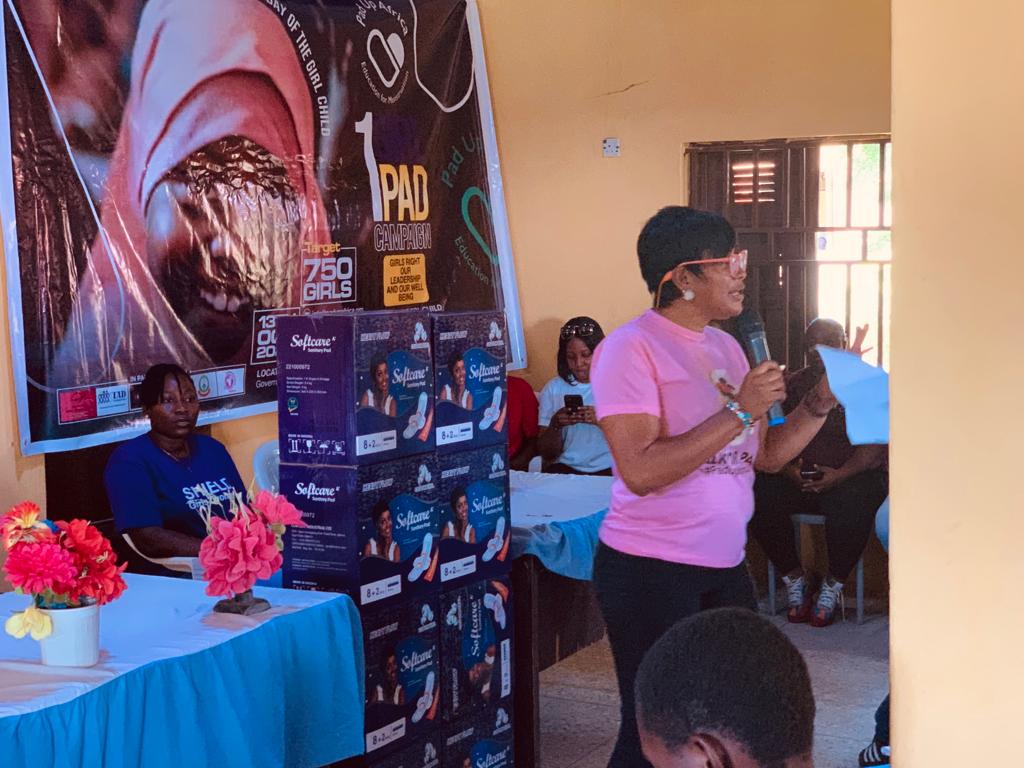
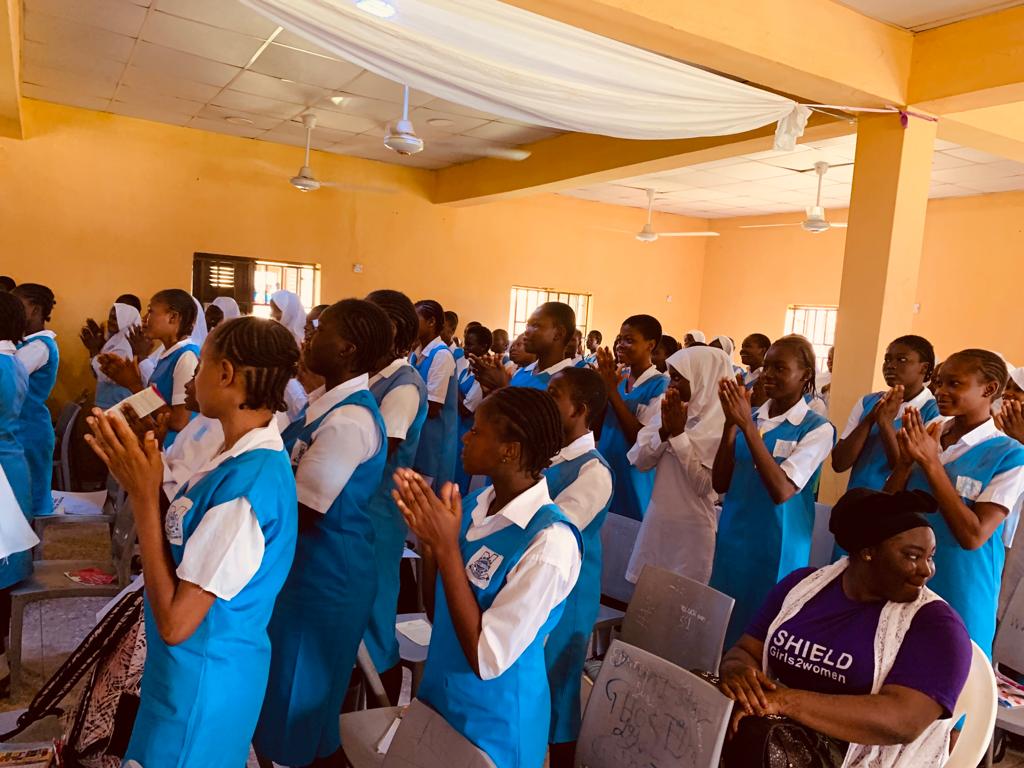
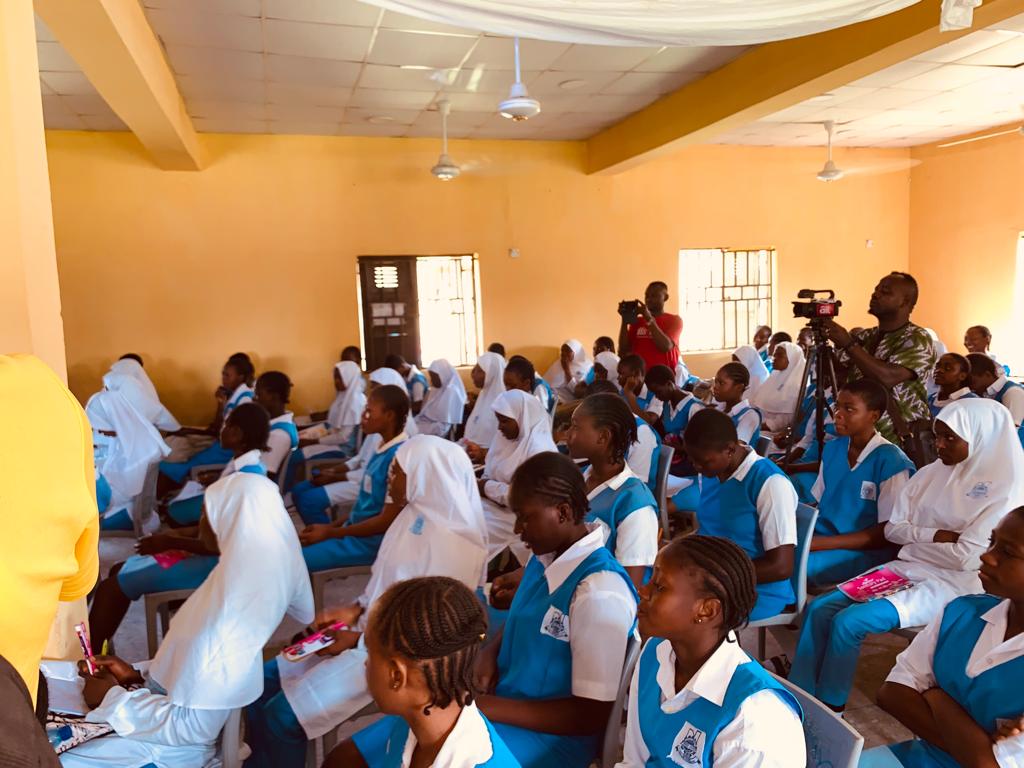
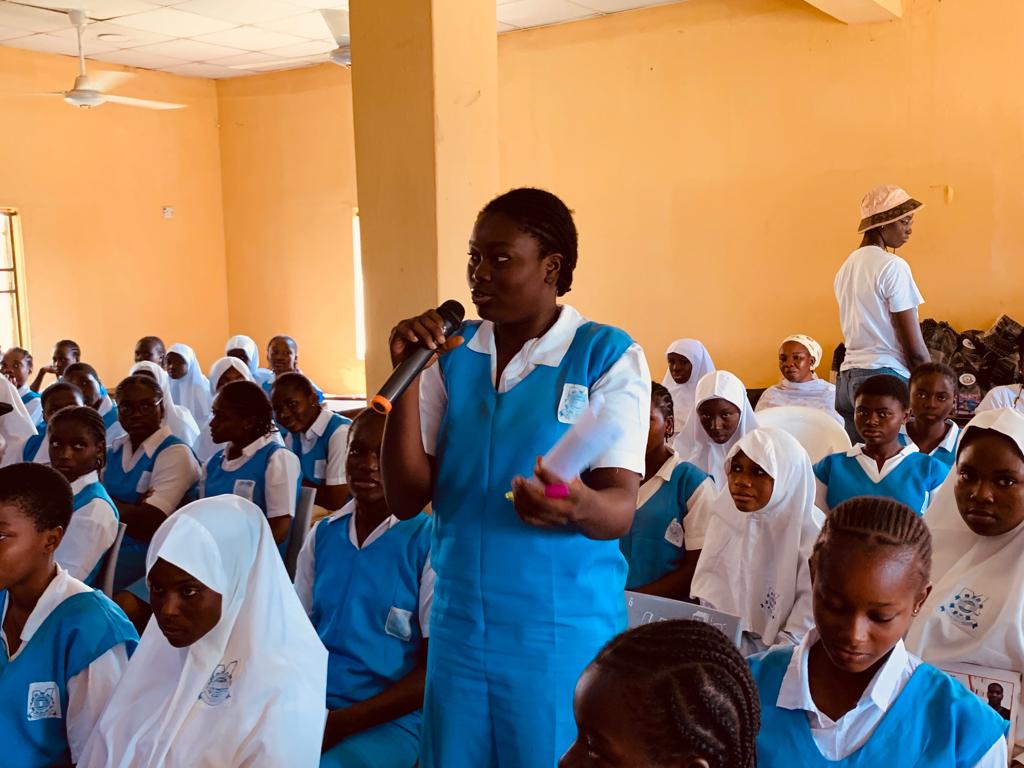
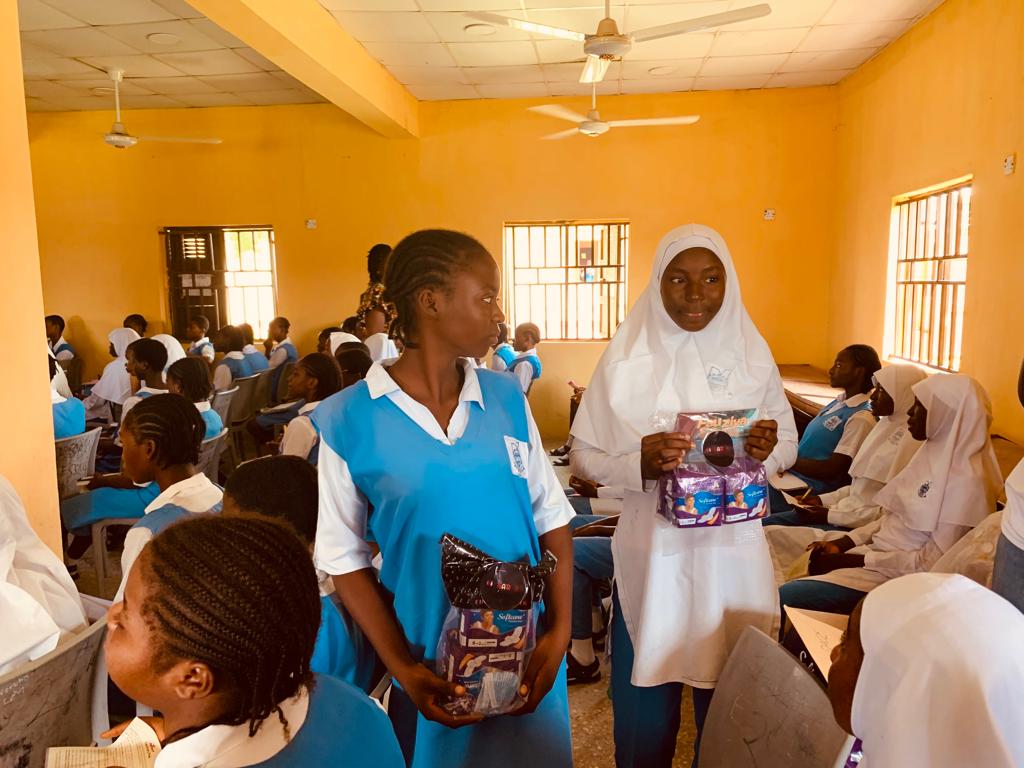
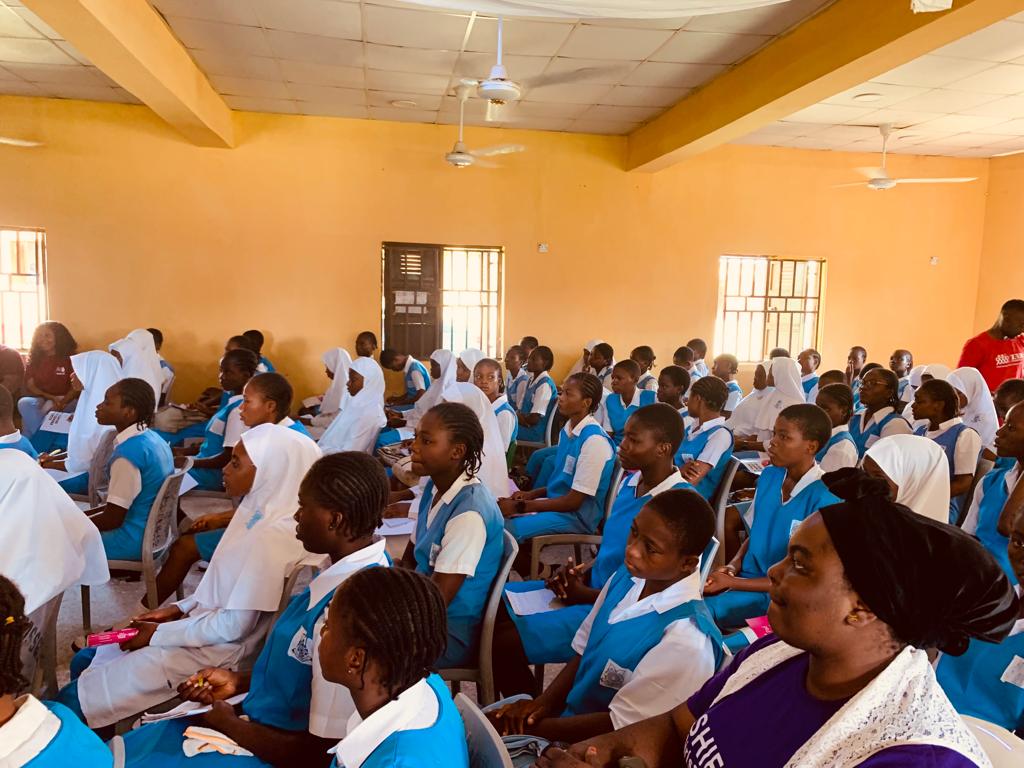
Advertisement
Add a comment

